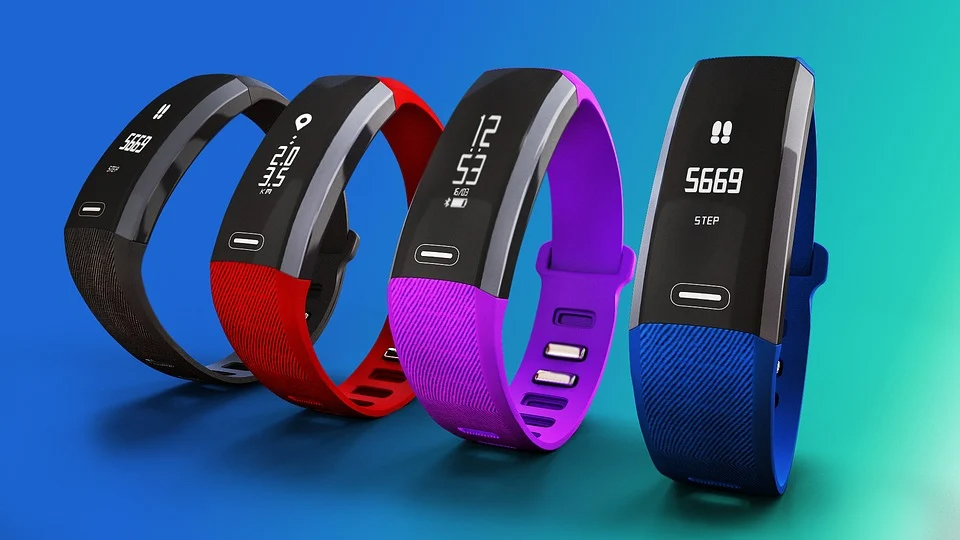Will Wearables Be Useful in Detecting Covid-19?

COVID-19 has disrupted the activities of almost the entire world. Nations have to deal with massive infection and death. Since there is no drug or vaccine available right now to stop the disease from spreading like wildfire, researchers are rushing to develop new drugs and, hopefully, a vaccine.
In the meantime, hospitals and medical frontliners in many countries are joining forces to conduct trials by administering a combination of drugs known to fight viruses and other diseases, such as pneumonia, flu, tuberculosis, arthritis, malaria, and allergies. Since the medications for these illnesses already have regulatory approval, they can be used clinically fairly quickly if found effective.
The impact of COVID-19
We have already seen the negative impact of COVID-19 on the people and the economy. According to the latest update, more than 10 million people worldwide were infected, and about 5 million have recovered while more than half a million died.
On the positive side, the virus propelled many medical researchers and practitioners of both traditional and Western medicine to search for a cure. Information and data sharing about the virus, the illness, and patient treatments (drugs and methods) are now more open.
Technology has the potential to help
The key to stopping the spread of the virus is early detection and confirmation, as well as contact tracing, as one infected person can infect two others due to close contact. Hence, the spread of the disease is immediate.
Detection can be difficult. Some people are asymptomatic, meaning they are infected with the virus but no not show the symptoms of the disease. Often they do not go for testing and move around frequently, helping in spreading the disease. The other type is symptomatic – people who show signs of the disease, headaches, difficulty in breathing, sore throat, dry cough, and persistent high fever.
Wearables
Many research groups are now checking if wearables can be useful in detecting COVID-19 even before the symptoms come out. Michael Snyder, Ph.D., a biology researcher, professor and chair of genetics at Stanford University’s School of Medicine heads one such group. They are using different algorithms to try teaching wearables such as Fitbit, Garmin, and Apple Watch to detect COVID-19. Other groups looking into the same research type include the Rockefeller Neuroscience Institute and the Scripps Research Translational Institute.
The researchers at the University of California, San Francisco, gave their healthcare workers Oura rings, as they hope to develop new algorithms for early COVID-19 detection, under their research program TemPredict.

In Singapore
While researchers in the U.S. are looking into the development of new algorithms they can use for existing wearables, Singapore, one of the countries in Asia that were hit hard by the virus, has already developed a smartphone app (TraceTogether) for COVID-19 contact tracing.
However, they already announced that they are rolling out a new tracking device, a wearable token Singaporeans can carry in their bags, wear on their wrists, or hang on a lanyard. Authorities say that they will distribute the device to the 5.7M Singapore residents for free.
The token does not need a connection with a smartphone to function. It’s Bluetooth-activated and will keep a log of other people’s devices the user had close contact. If the user tested positive for the virus, they could give their ”token” to the medical authorities to extract the stored data and contact the people who were exposed to the user.
Authorities believe that this wearable token will more reliable and easier to use than their smartphone app.